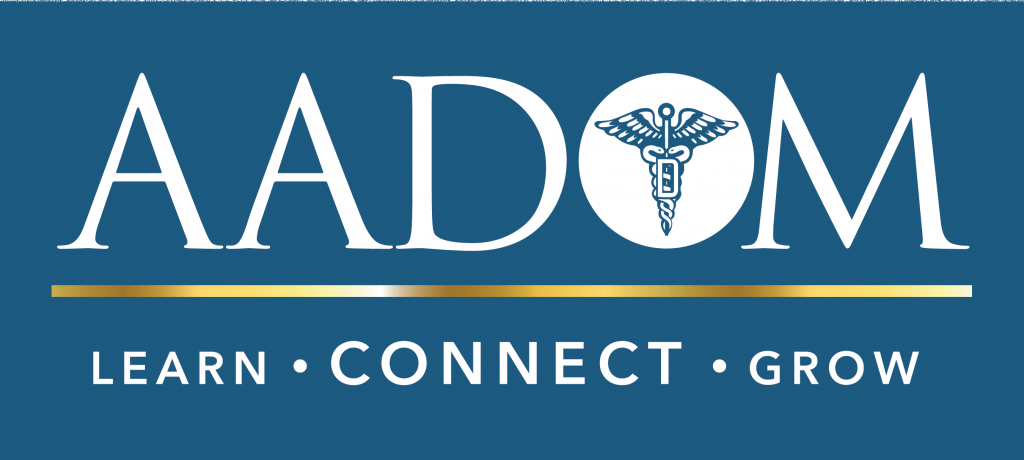Get Expert General Dentistry Care At Dentist in Edgewater
General dentistry focuses on maintaining the overall health of your teeth and gums through preventive care, diagnostics, and routine treatments. It forms the foundation of oral health, ensuring your smile stays healthy and functional throughout your life.
Wondering how general dentistry can benefit you? Discover our range of services and how they contribute to your oral and overall health. Contact us today for a comprehensive evaluation.
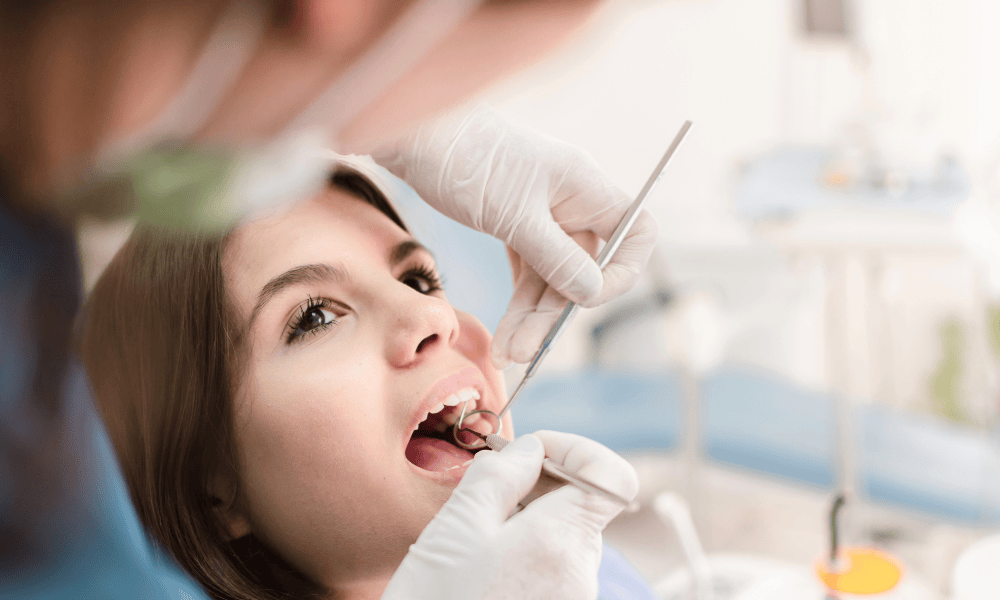
Importance of General Dentistry
General dentistry plays a vital role in maintaining your oral and overall health. Here’s why it’s essential:
- Preventive Care: Regular check-ups and cleanings help avoid cavities, gum disease, and other dental problems.
- Early Detection: Identifying issues early ensures prompt treatment and better outcomes.
- Customized Advice: Your dentist provides guidance on maintaining a healthy diet and proper oral hygiene.
Ready to prioritize your oral health? Schedule your appointment today.
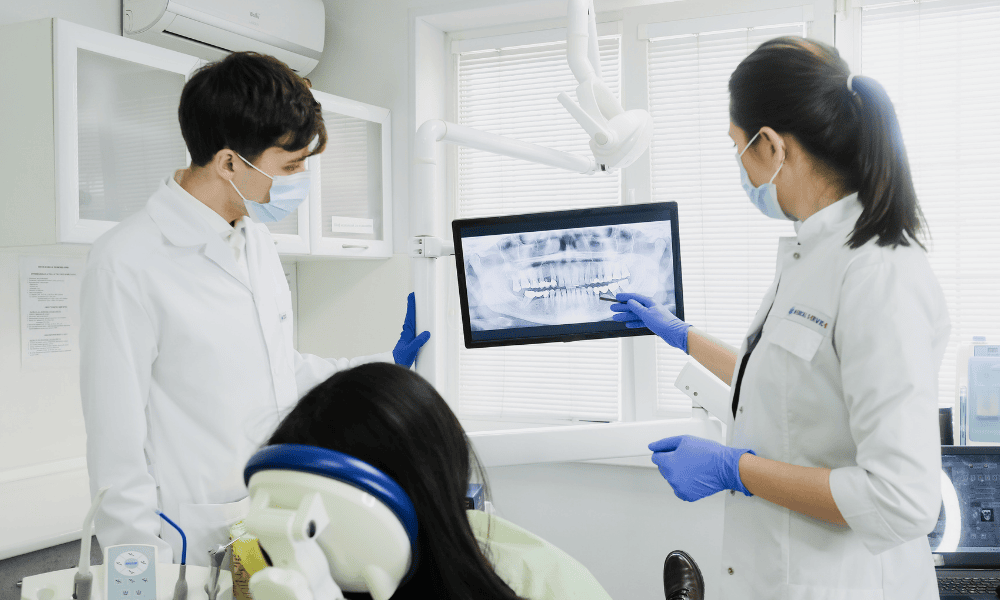
Services Offered in General Dentistry
General dentistry encompasses a wide range of services designed to meet your oral health needs, including:
- Dental Exams and Cleanings: Regular check-ups to remove plaque and monitor your oral health.
- Fillings: Treat cavities and restore your teeth to optimal function.
- Tooth Extractions: Safely remove damaged or problematic teeth when necessary.
- Fluoride Treatments: Strengthen enamel and protect against decay.

Benefits of General Dentistry
General dentistry offers numerous benefits for individuals and families:
- Preventative Care: Routine visits can save you time and money by preventing severe dental issues.
- Improved Oral Health: Cleanings and exams help maintain healthy teeth and gums.
- Personalized Care: Treatment plans tailored to your unique oral health needs.
- Peace of Mind: Regular check-ups provide reassurance and early problem detection.
Experience the benefits of general dentistry by scheduling an appointment with our friendly team.
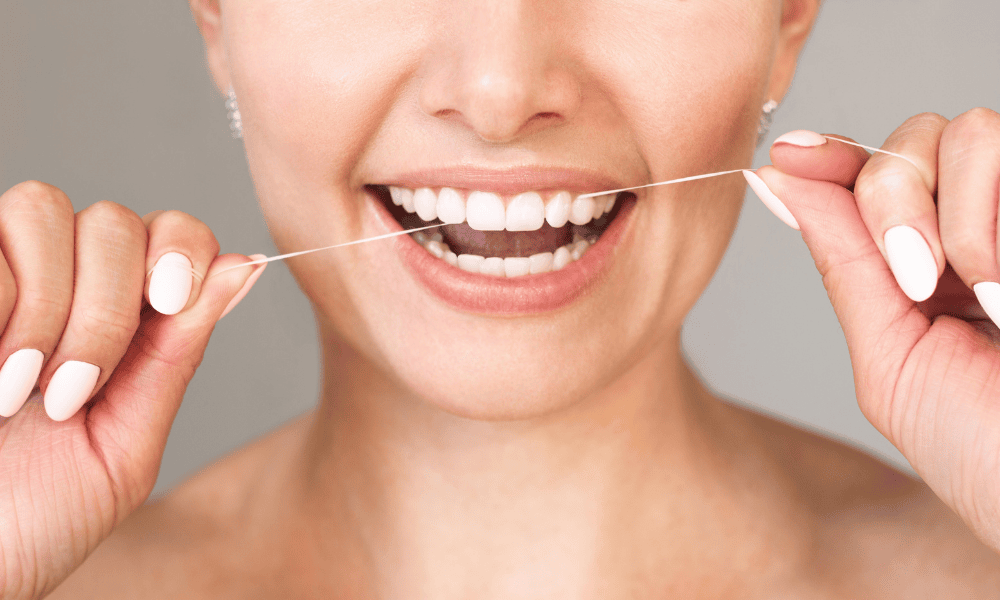
Tips for a Healthy Smile
Maintain your oral health between visits with these easy tips:
- Brush Twice Daily: Use fluoride toothpaste and a soft-bristled toothbrush.
- Floss Daily: Remove food particles and plaque from between your teeth.
- Eat a Balanced Diet: Limit sugary foods and beverages.
- Stay Hydrated: Drink plenty of water to keep your mouth healthy and clean.
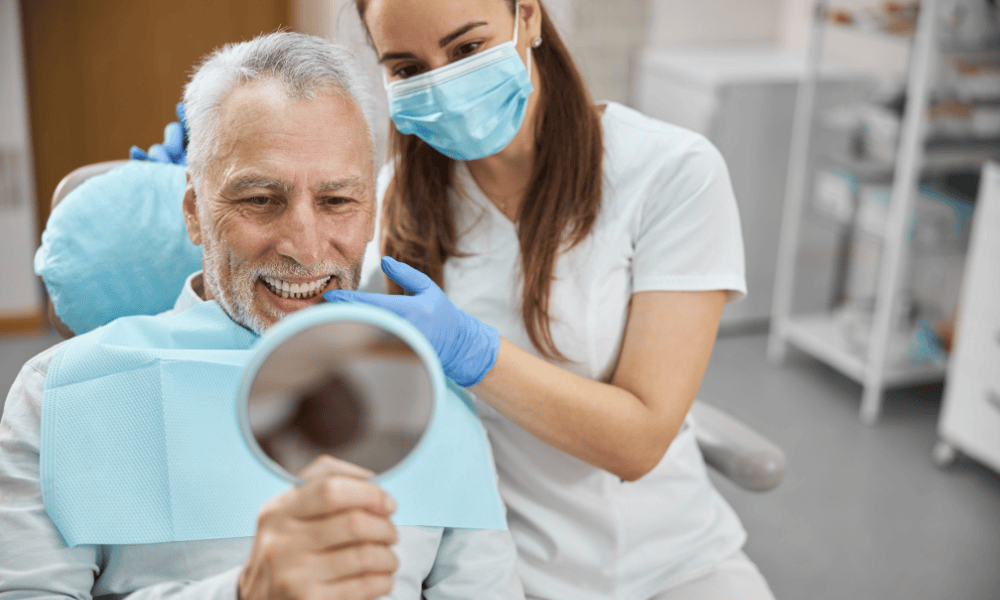
Choosing the Right Dentist
Your oral health deserves expert care. Our team in Edgewater, provides personalized general dentistry services tailored to your needs. From routine cleanings to advanced treatments, we’re committed to ensuring you receive top-quality care in a comfortable environment.
Take the first step toward a healthier smile by scheduling your appointment today.
Why Trust Dentist in Edgewater for Your General Dentistry?
Experienced Care
Our team stays up-to-date with the latest treatments for your best care.
Sanitation & Safety
We follow strict sterilization protocols for your protection.
Comfort
Enjoy a relaxed, stress-free atmosphere during your visit.
State-of-the-Art Technology
We use advanced tools for effective, efficient treatment.
Personalized Approach
Treatment tailored to your unique dental needs for optimal results.
Frequently Asked Questions
Comprehensive General Dentistry for a Healthy Smile!
Visit the top dental clinic near you at Dentist in Edgewater. Schedule your consultation today for expert dental care tailored to your needs.
Call us today or fill out our online form to get started!




